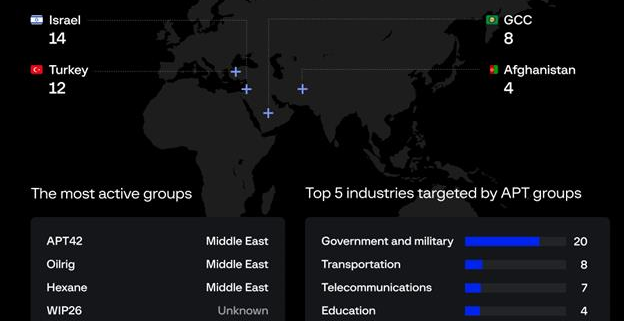FBI: Ransomware and other internet crime complaints up in 2023
The FBI Internet Crime Complaint Center (IC3) recently reported a record 880,418 internet crime complaints in 2023, including an 18% increase in ransomware complaints to 2,825.
“The FBI’s annual internet crime report contains valuable insights and preventive tips regarding the types of cyber-crimes which target organizations and individuals alike,” said John Riggi, AHA national advisor for cybersecurity and risk. “Unfortunately, the report also statistically confirms what we are currently experiencing — the health care sector remains the critical infrastructure sector most targeted by ransomware. According to the report, the top five ransomware groups targeting the U.S. are all Russian speaking and include the notorious Lockbit and Blackcat/APLHV ransomware gangs. On a positive note, the report describes the FBI’s 72% success rate for recovery of funds in internet-enabled payment diversion schemes when reported within 48 hour to the victim’s financial institution and the FBI at www.ic3.gov.”
For more information on this or other cyber and risk issues, contact Riggi at [email protected]. For the latest cyber and risk resources and threat intelligence, visit aha.org/cybersecurity.



